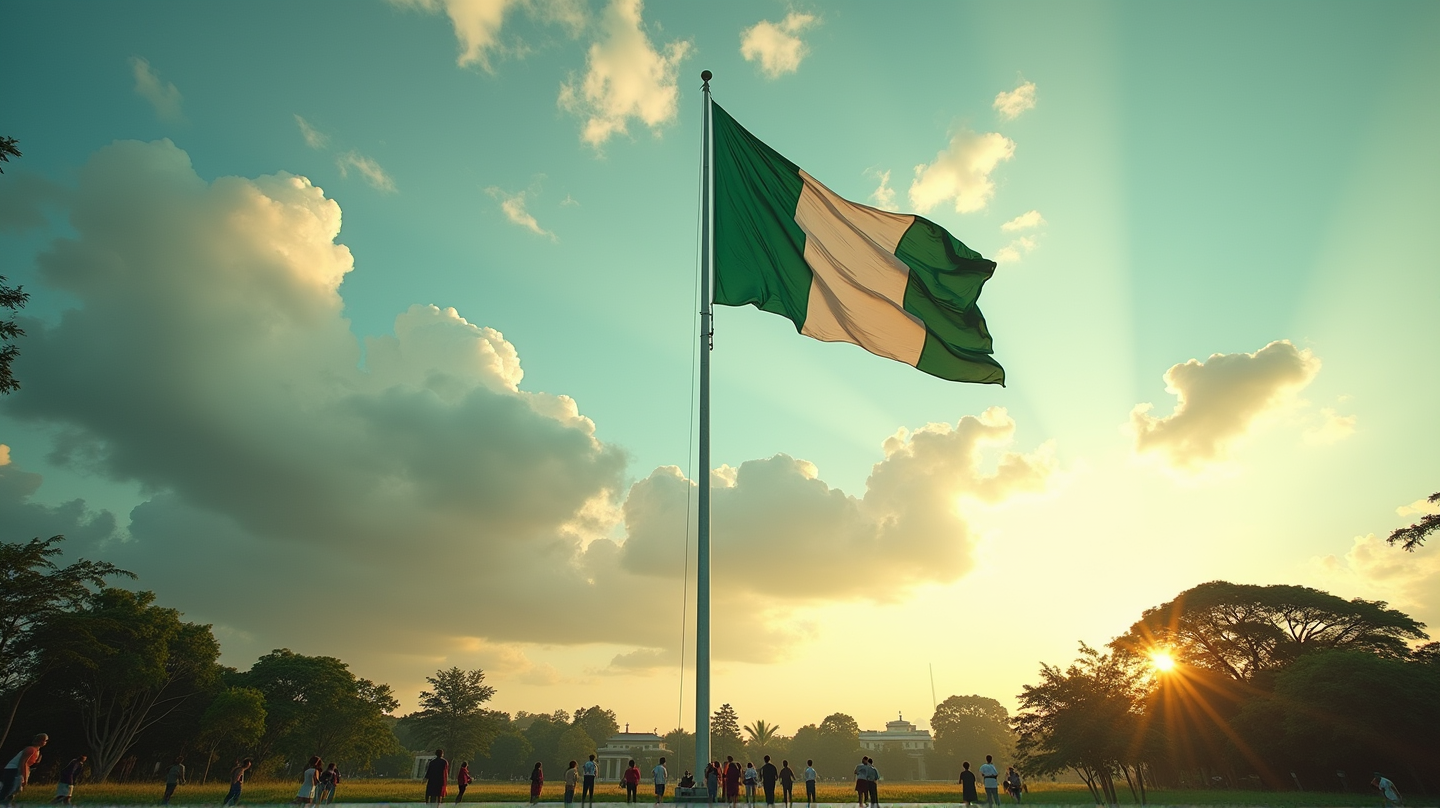Kwara's Controversial Monument: A 70-Metre Symbol or Waste?
Kwara State unveils Nigeria's tallest flagpole, sparking debate over its value amidst economic challenges.

In a move to assert its place on the map of technological and cultural significance, Kwara State Government recently celebrated the erection of a 70-metre-tall flagpole, the tallest in Nigeria. This ambitious project, announced through the state’s X account, has spurred a mixture of curiosity and criticism.
A Beacon of Culture and Ambition
Commissioner for Works, Abdulquawiy A. Olododo described the structure as a “cultural lighthouse and economic catalyst”, symbolizing Kwara’s vibrant identity. The towering flagpole is envisioned to attract tourism and investments that could fuel local economies and spark infrastructural development throughout the region. According to FIJ NG, such a monument stands as a proud declaration of the state’s dynamic spirit.
A Controversial Celebration
However, the celebration hasn’t resonated positively with all residents. Many Nigerians have taken to social media, expressing that the funds devoted to this monumental project would have been better spent addressing the pressing needs of the populace, such as road repairs and food provision. Figures from the National Bureau of Statistics reveal that as of 2023, 48.3% of Kwara’s population lives in multidimensional poverty, prompting criticism over the state’s spending priorities.
Echoes of Past Criticism
This is not the first time a government undertaking has faced such scrutiny. The 2017 Imo State government’s decision to erect a statue of then South African President Jacob Zuma was met with public disapproval. Yet, as history shows, state leaders often persist in their convictions despite public dissent.
The Impact on Kwara’s Future
The flagpole stands not just as a monument but as a talking point in the larger conversation around economic allocation and the symbolic value of cultural projects. Whether it will indeed become a catalyst for tourism and investment or remain a contested symbol of misallocation remains to be seen. What is certain is that the Kwara State Government’s intentions of fostering growth through cultural pride have now set the stage for ongoing public discourse.
In the vibrant landscape of West Africa, Kwara’s latest achievement raises fundamental questions about the priorities in balancing cultural identity with practical economic needs.
Engage with us and share your thoughts on this paradigm of progress and tradition.

